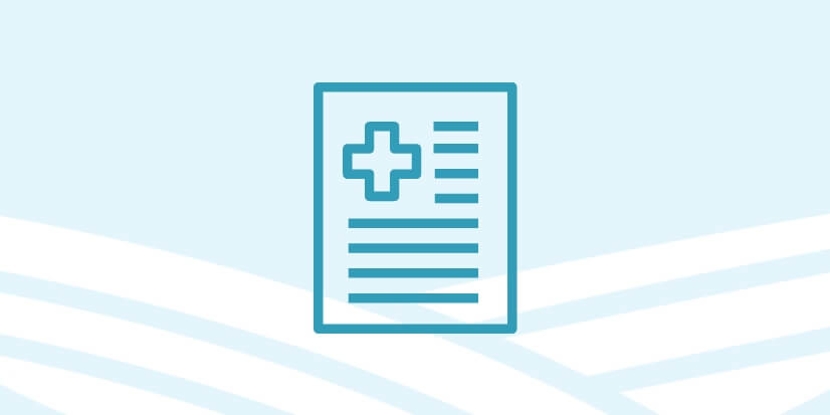Speech therapy beyond schools
- Category: Blogs, Rehabilitation Services
- Posted On:

Approximately one in 12 children ages 3 to 17 will have a speech, voice, or other communication disorder, according to the National Institutes of Health.
And, a third of kids ages 3 to 10 will have multiple disorders that make diagnosis and treatment more complicated.
The inability to communicate clearly during childhood years can create lifelong learning disabilities. Therefore, when it comes to helping children with speech, language, and cognitive disorders, the school system is a natural place for speech-language pathologists (SLPs).
While more than half of SLPs work in schools, another 40 percent work in healthcare settings, including hospitals and clinics, according to the American Speech-Language-Hearing Association. They are part of a healthcare team that can include physicians, specialists, and other medical professionals.
SLPs outside of schools sometimes work in conjunction with school-based therapists. These therapists provide resources to parents who seek services in addition to schools, especially during the summer when school is out.
SLPs are experts in communication, treating children and adults. They can teach children how to make certain speech sounds and stimulate language development through talking, playing, using pictures, books, or other objects.
Children may need speech-language therapy for many reasons, including:
- Hearing impairments
- Cognitive (intellectual, thinking) or other developmental delays
- Weak oral muscles
- Articulation problems (making sounds/saying words incorrectly)
- Fluency disorders, such as stuttering
- Cleft lip or cleft palate
- Autism
Speech-language pathologists can help improve a child’s verbal and non-verbal language skills. A speech-language pathologist is available at Horizon Health. For more information, call 217-466-4244.


